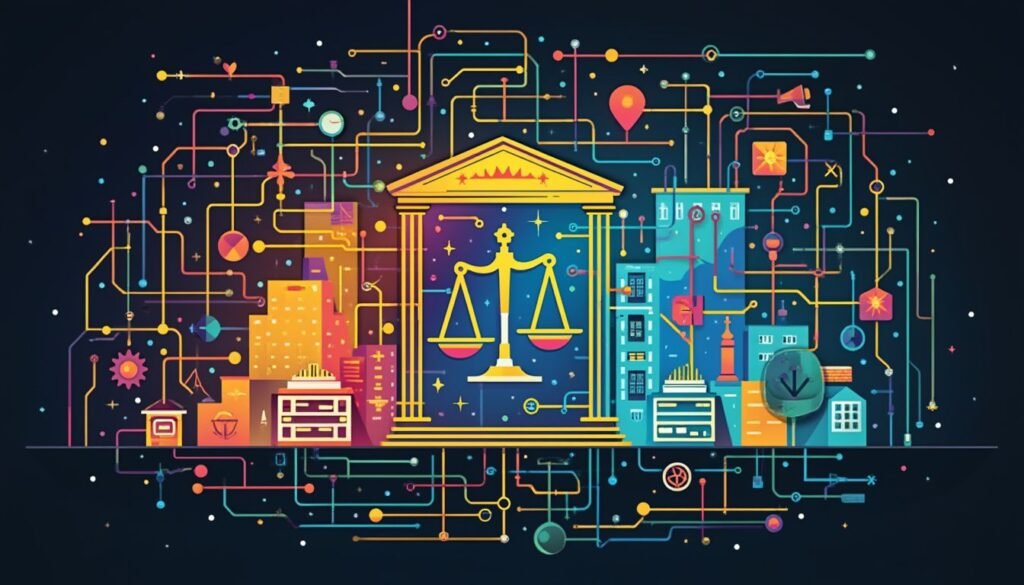OpenAI’s Whisper, an AI-powered transcription tool, is currently making headlines due to a variety of issues that have emerged following its widespread use. These problems range from hallucinations in transcriptions to potential biases, raising the stakes for those who use these AI services in sensitive fields.
Challenges in AI-Powered Transcription Services
One of the most notable issues with Whisper is its tendency towards what are termed ‘hallucinations’—where the tool fabricates information, sometimes generating entire sentences that are unrelated to the actual audio. Alarming examples include the introduction of racial commentary, violent rhetoric, and fictional medical advice. Such inaccuracies are particularly concerning given that some medical centers are employing Whisper to transcribe patient consultations. In this high-risk domain, these transcriptions hold critical consequences. An error could mean the difference between accurate diagnosis and potential misdiagnosis, which could significantly endanger patient welfare.
Further research into Whisper’s performance has shown a disturbing frequency of these hallucinations. A University of Michigan researcher found such errors in eight out of every ten transcripts reviewed, while a developer detected hallucinations in nearly every one of the 26,000 transcripts he examined. These frequent inaccuracies highlight a critical flaw that risks undermining the reliability of AI-driven transcription systems.
Broader Implications and Concerns
Whisper’s integration into a variety of platforms and systems amplifies the issue. It’s not only connected to certain versions of ChatGPT but also utilized across cloud computing platforms managed by Microsoft and Oracle, and in use by 30,000 clinicians across 40 health systems. This widespread usage raises questions surrounding data privacy and security, especially given the sensitive nature of much of the information being processed. Ensuring privacy and protection against data breaches becomes even more pressing as these tools gain traction.
Moreover, AI tools like Whisper can reflect biases present in the data they are trained on, introducing challenges related to gender and racial discrimination in transcription. This unintentional bias could lead to disparities in the accuracy of transcriptions for diverse demographics. Such discrepancies can particularly impact vulnerable groups who depend on these tools for communication.
Despite these issues, there is a marked lack of transparency and accountability regarding the operation and management of AI transcription tools like Whisper. This lack of clarity generates questions about the responsibility of AI service providers when their systems produce errors. Subsequently, experts and former OpenAI employees are calling for improvements and the introduction of potential federal regulations to govern the ethical and safe usage of AI technologies.
OpenAI has acknowledged the challenge of hallucinations and is making efforts to address them through model updates to minimize errors. As the conversation on AI tools continues, the need for rigorous oversight and enhancement remains essential for their responsible deployment, especially in areas bearing significant risk or consequence.




